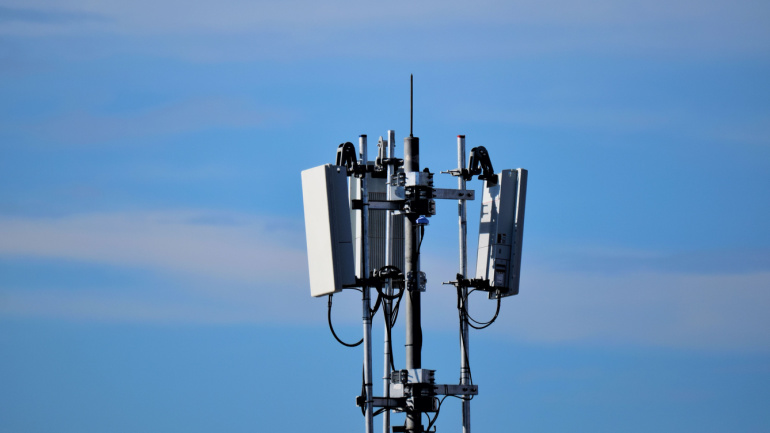Enreach, Europe’s leading provider of converged contact solutions, announced that it has expanded its Voice for Microsoft Teams features to customers in 80 countries. The extension is the result of Enreach’s partnership with SIPPIO, which delivers Microsoft Teams services to customers around the world.
Vantage Data Centers, a large-scale data center specialist, has achieved a pioneering financial transaction in Taiwan, acquiring a $64 million loan from CTBC Bank and Cathay United Bank. This monumental move, to establish a significant data center in Taipei, underscores a transformative shift for Taiwan into a crucial digital infrastructure hub.
Google has unveiled new regulations requiring political advertisers to conspicuously disclose their use of AI in campaign ads, effective this November. These rules apply to any political advertisements featuring “synthetic content” depicting realistic-looking individuals or events generated by AI. This move comes in response to the rising prevalence of digitally manipulated political ads. Google insists that these AI-enhanced ads must include a clear and noticeable disclaimer.
The US government has recently provided clarity regarding foreign equipment purchases under the Broadband Equity, Access and Deployment (BEAD) programme. The emphasis is on minimizing exceptions to ‘buy American’ rules, particularly reflected in the fibre-optic sector. Notwithstanding, one significant provision allows sourcing glass used in fibre optics from overseas. This comes as a relief for firms worried about supply sufficiency and costs. The spotlight of foreign vendors, meanwhile, is potentially electronics, with proposed exemptions including most semiconductors.
In an impressive advancement for 5G technology, Verizon has secured a $45.5 billion C-band spectrum, overcoming hurdles posed by satellite operators once occupying parts of this range. As operators transitioned off the C-band, motivated by the FCC’s lucrative rewards, Verizon confirms the completion of this process. This newfound access paves the path for an expansion that could amplify the bandwidth for 5G users nationally, providing a minimum of 140MHz of spectrum throughout the US, with full 200MHz access in a portion of markets.
ITIF urges a reevaluation of U.S. broadband programs in favor of the significant Affordable Connectivity Programme (ACP), aiming to give low-income households internet access. Predictions show funds will be depleted by 2024, necessitating a yearly investment between $5-$6 billion, potentially sourced from outdated programs. Despite appearing feasible, the report warns digital divide issues require more than funding, including digital literacy initiatives. Unveil the evolving connectivity panorama in our upcoming Connected America conference.
A recent survey unveils how, despite potential risks, most industries, particularly telecommunication firms are embracing generative AI’s benefits. Interestingly, even traditionally cautious sectors, like aerospace and defence show a strong inclination towards AI’s adoption. Yet, as AI integration requires extensive investment in staff skill development, emerging corporate roles like AI auditors or ethicists are anticipated.
Unveiling the $42.5 billion Broadband Equity, Access and Deployment (BEAD) funds allocation, the Biden-Harris administration aims to bridge the digital divide. While each state proposes spending plans, concerns over potential delays in broadband deployment due to the Build America, Buy America Act emerge.
The US and India strengthen their strategic partnership, focusing on 6G research, Open RAN, and semiconductors, while collaborating on technology sharing, co-development, and co-production opportunities between industry, government, and academia.
ADI invests €630 million to expand its Limerick operations, tripling fabrication capacity and fostering innovation through the €100 million ADI Catalyst Centre. Meanwhile, energy efficiency becomes a priority for 5G Massive MIMO and future 6G development.











